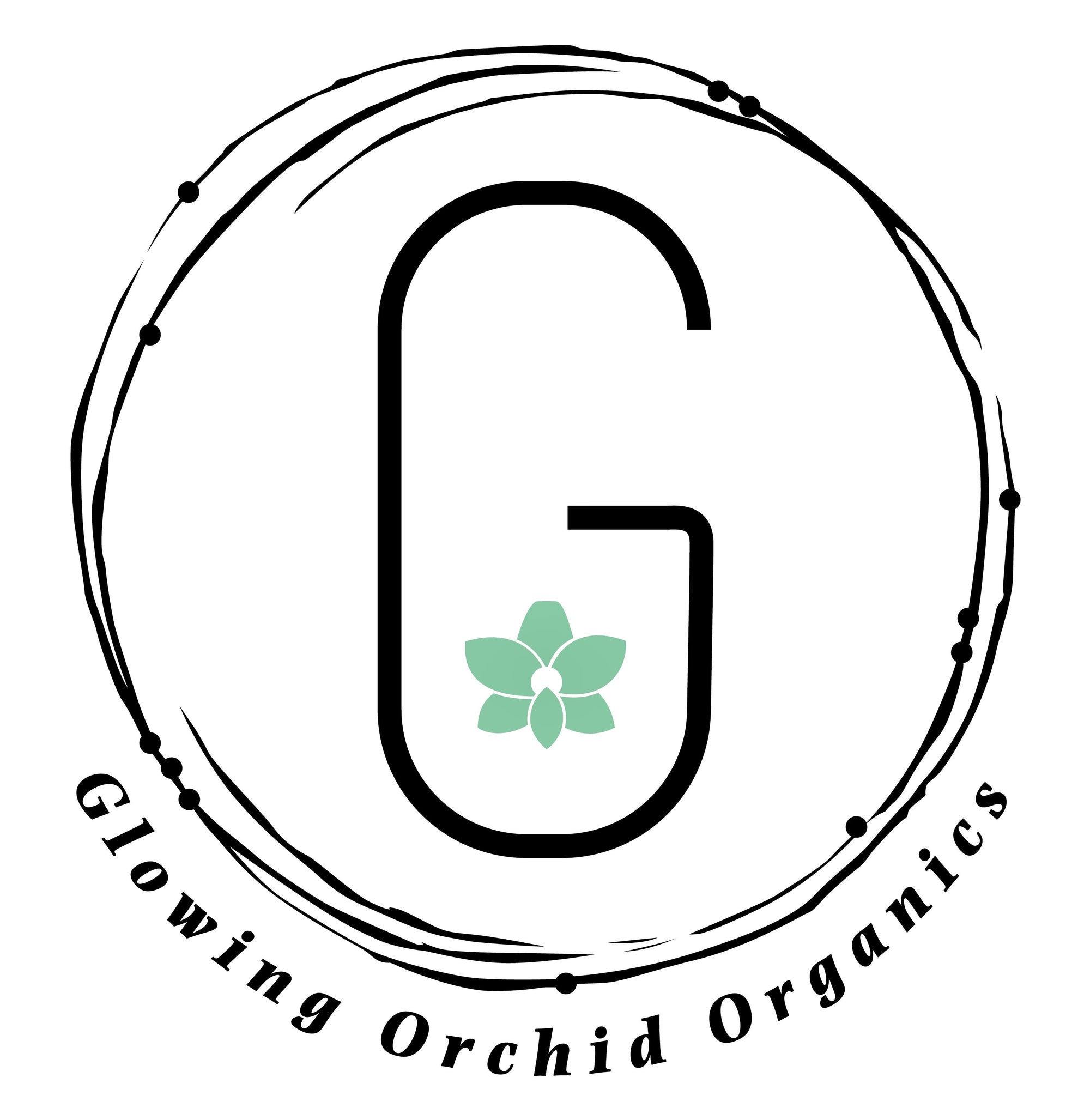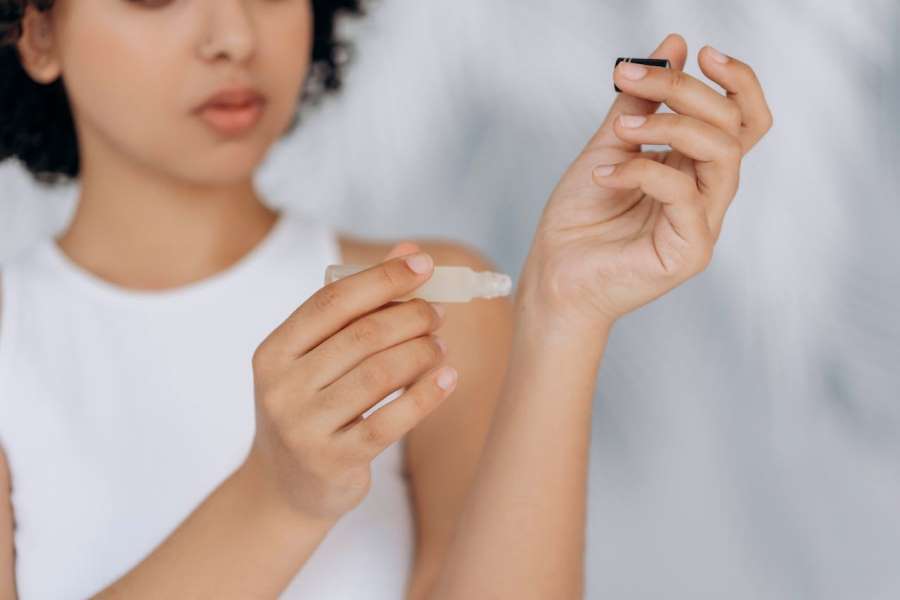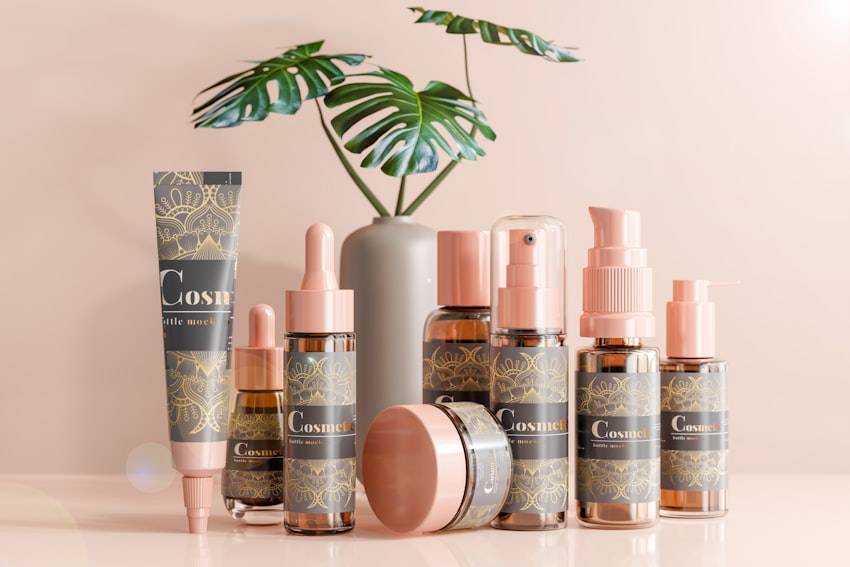Going to the dentist is hardly one of my favourite activities (and most of you can probably relate) which only adds to my obsession with oral hygiene. Cavities and tooth decay are my nightmare, so when I heard that there is an option to remineralize teeth naturally (yep, you’ve heard it right), I was all ears.
Is it really possible to reverse cavities? This was the question I couldn’t shake off and I wasn’t planning to stop until I got all the answers.
I have to admit that I had my doubts even when I eagerly started applying everything I’ve learned until the results started to show. I will keep you in suspense no longer—yes, I did manage to reverse my own small cavities!















